(ECNS) -- Chinese researchers have successfully developed “ChiXiao”, a high-current linear plasma device, marking a significant breakthrough in the quest to create a next-generation “artificial sun”.
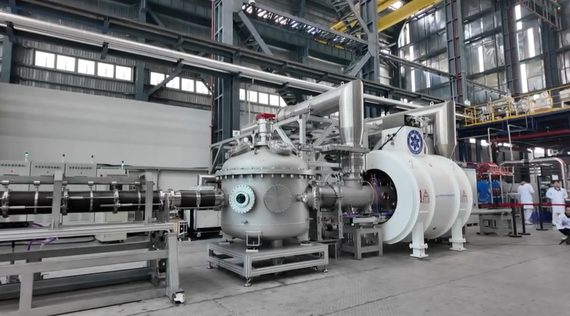
Following an expert evaluation on Tuesday, the device was confirmed to meet its design specifications, positioning China as the second country after the Netherlands to develop such an advanced technology.
"Developing durable, high-resilience wall materials for the future “artificial sun”, which needs to generate electricity over extended periods, is a significant challenge. We need cutting-edge simulation environments to rigorously test whether these materials meet the required standards," said Zhou Haishan, a researcher from the Institute of Plasma Physics of the Hefei Institute of Physical Science, Chinese Academy of Science.
With a total length of 15.5 meters and a weight of 22.5 metric tons, Chixiao can eject trillions of particles per square meter per second. and operate continuously for more than 24 hours.
The device, acting like a "laser sword", will provide a strong underpinning to study the future China Fusion Engineering Test Reactor (CFETR), which is seen as the next-generation "artificial sun".
Notably, it will not only serve Chinese scientists but also facilitate open, collaborative international research. At present, the research team is still building and testing the key subsystems of CFETR, which is set to be completed by 2035.
The sun’s core sustains life on Earth through nuclear fusion, a process scientists have sought to repilicate since the mid-20th century.
Fusion devices, dubbed "artificial suns", aim to replicate this phenomenon to provide a virtually limitless, clean energy source.
China’s development of "ChiXiao" underscores its commitment to advancing fusion energy technology and fostering global scientific partnerships, bringing humanity closer to achieving a revolutionary energy future.









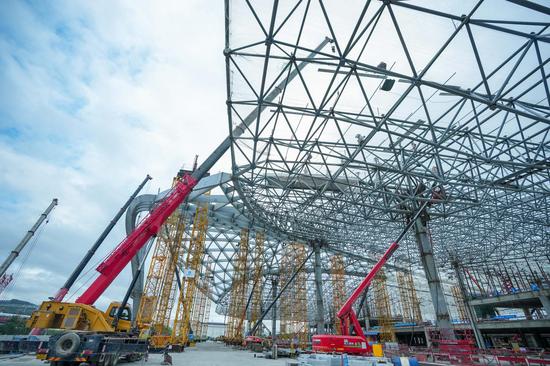

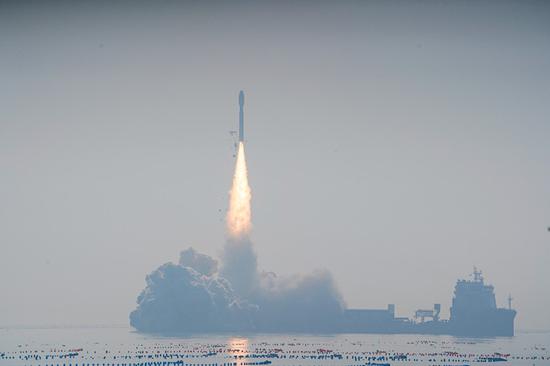



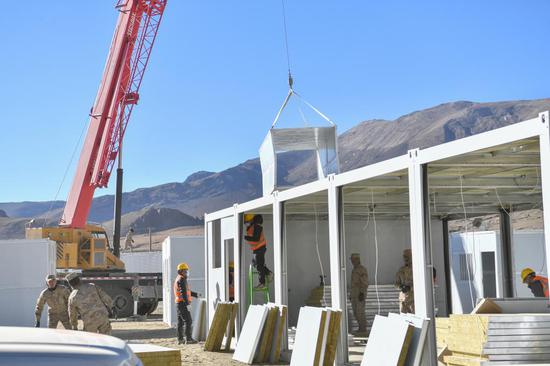















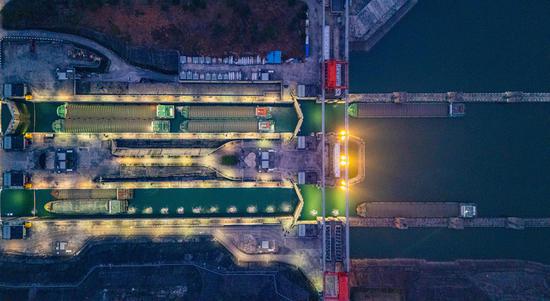



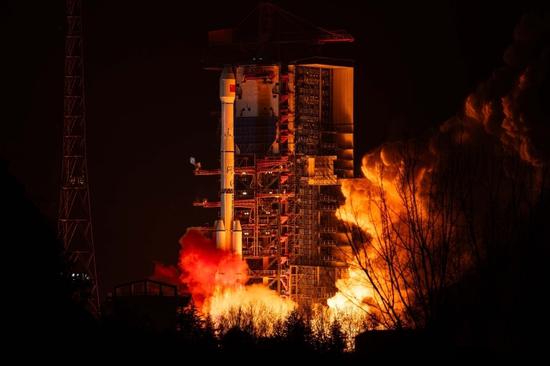



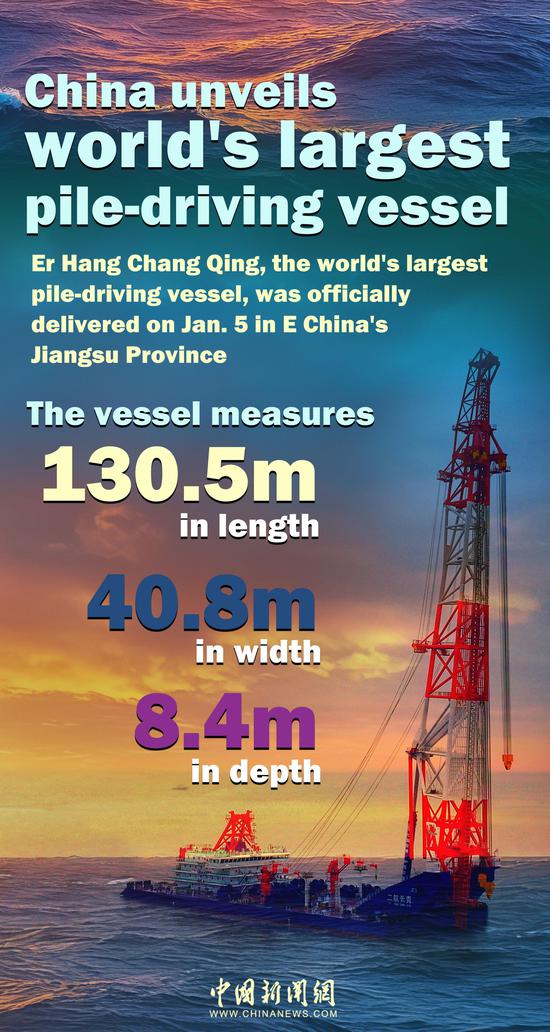






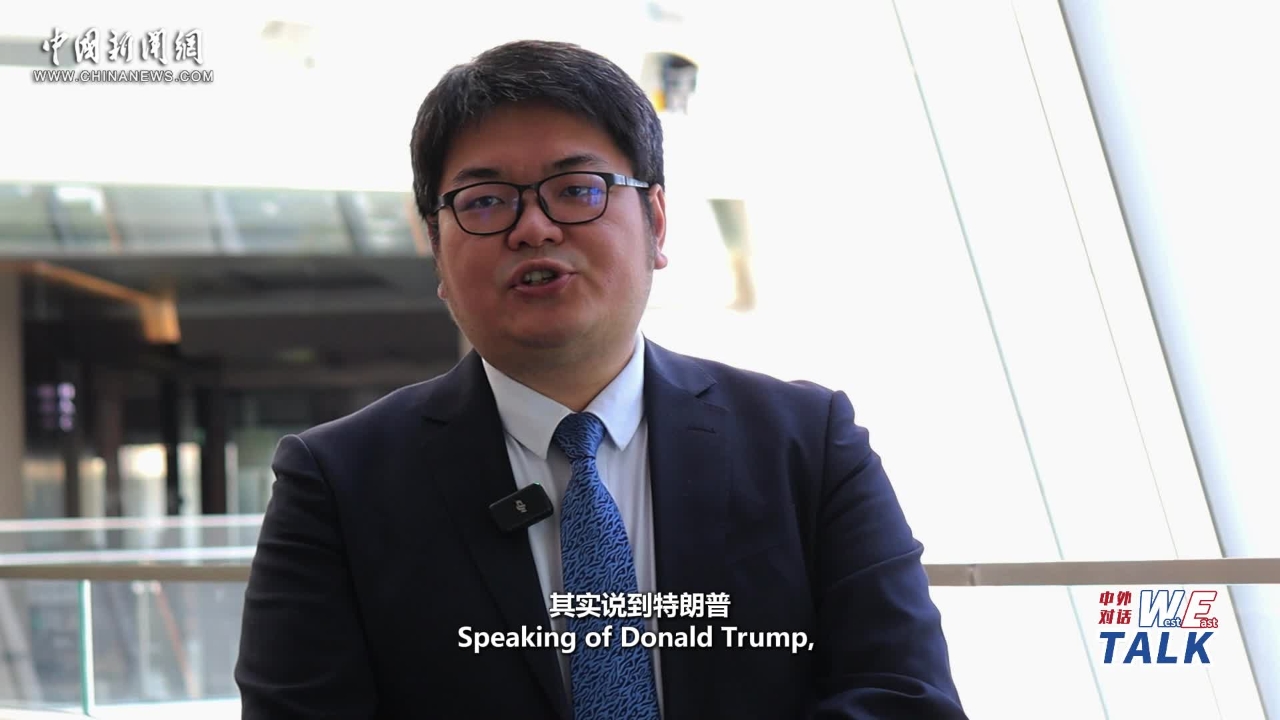



 京公网安备 11010202009201号
京公网安备 11010202009201号